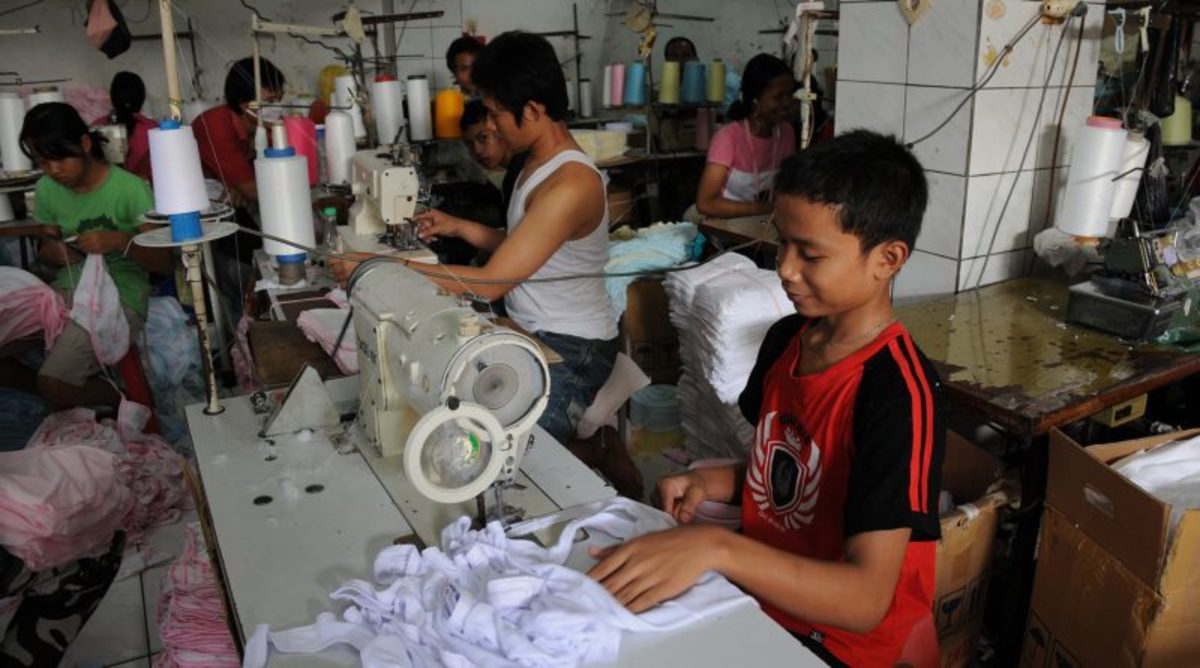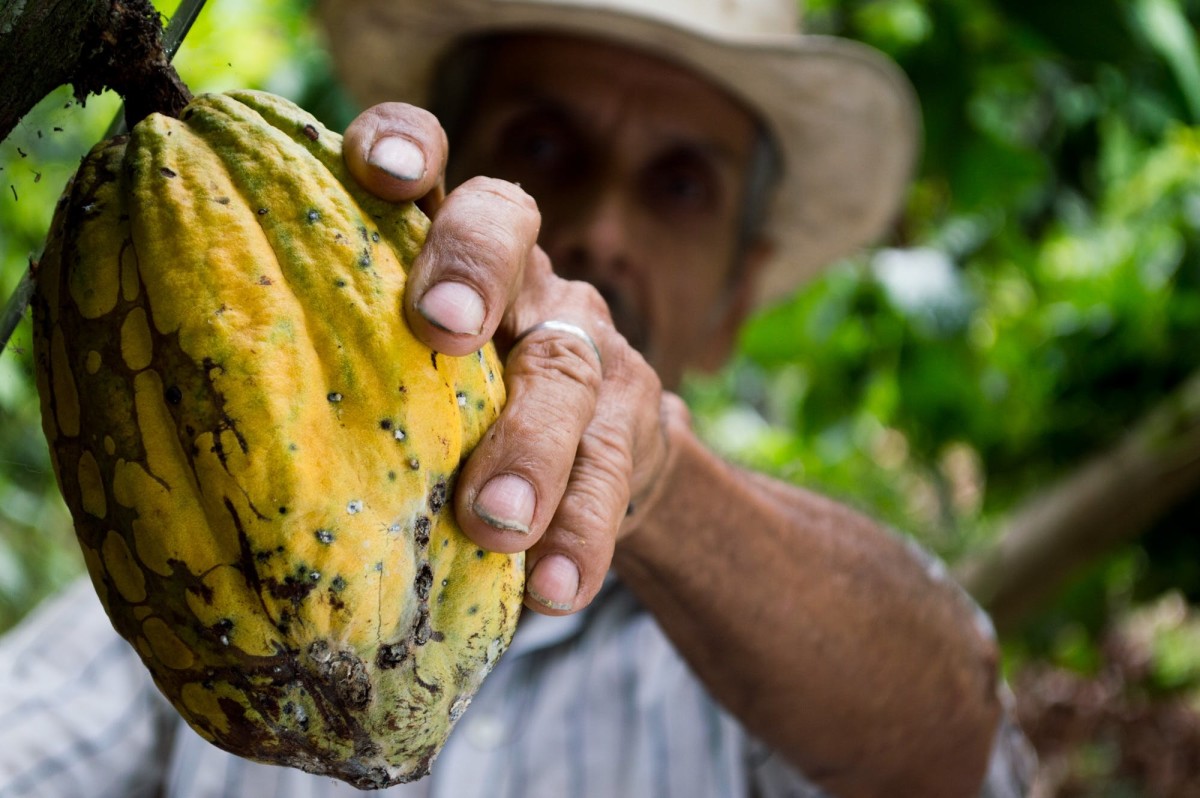Chocolate Valentine

Chocolate History
After a quick break from the eating season that starts with Thanksgiving and runs through the end of the year, chocolates for Valentine’s Day have almost arrived. There are several reasons for associating chocolate with valentine's day. One legend is that chocolate was thought to be an aphrodisiac when it became popular in Europe in the 1700s, at that time only in beverage form. In the 1800s chocolate became popular in its food treat form. In 1861, Richard Cadbury first created the heart shaped Valentine’s Day box. This is one version of how the chocolate for Valentine’s Day tradition started.
Cocoa Roots
A gift from the heart or to win a heart evokes feelings of warmth and caring. Chocolate has become a symbol of those attributes, but the origin of chocolate is quite the opposite. Chocolate is derived from cocoa beans which mostly come from West Africa primarily from Ghana and the Ivory Coast. The Ivory Coast is the world’s leader in cocoa production at 37% of all cocoa. It is also the leader in child labor and child slave labor, probably the last thing on your mind when buying and enjoying chocolate. Much of the valentine's day chocolate we buy in the supermarket or drugstore comes from cocoa grown in the Ivory Coast.
Children of the Cocoa Fields
In the Ivory Coast, children work with dangerous tools, and are exposed to harmful pesticides and chemicals. The U.S. Department of Labor is well aware of the problem and has been working with the Ivory Coast government to address it. How could something like this happen? Cocoa farming is very difficult labor intensive work for little pay. Most farms are small, seven to ten acres each and many are family farms that require much labor. Cocoa is grown with other crops on the farm but cocoa requires more labor than other crops and is susceptible to weeds and pests. People come from neighboring countries to work on the cocoa farms to send money back home. Sometimes they end up working as slaves caught by traffickers with the promise of high pay working in the cocoa farms. The government of the Ivory Coast has tried to increase border control limiting access. Boycotting the cocoa does not help because it would just cause more harm to farmers and threaten the sustainability of the farm.

Cocoa Suppliers
Only a handful of companies control the world cocoa market. Cargil, an American company and Barry Callebaut, a Swiss company control 60% of the market. This could also have an effect on price in an industry where farmers barely earn enough to cover their expenses. If this drives down the prices it causes farmers to take drastic measures like using child labor to lower costs just to survive. In addition traditionally there have been middlemen in the purchase of cocoa from the farmers offering them cash below market prices and reselling it at higher prices to the cocoa suppliers. Farmers would take any cash price with little alternatives and difficulty in transporting their products. Technically child labor is illegal in the Ivory Coast and there are guidelines set up by the cocoa industry to stop it as a result of the Harkin-Engel protocol. Harkin and Engel were members of the U.S. Congress and sponsored a protocol to be used by governments and industry to address the problem. It is still being implemented and chocolate companies say progress is being made but the problem still exists.
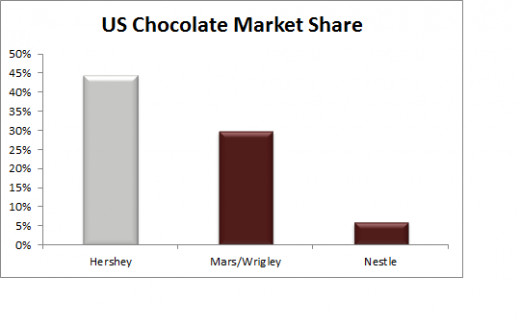
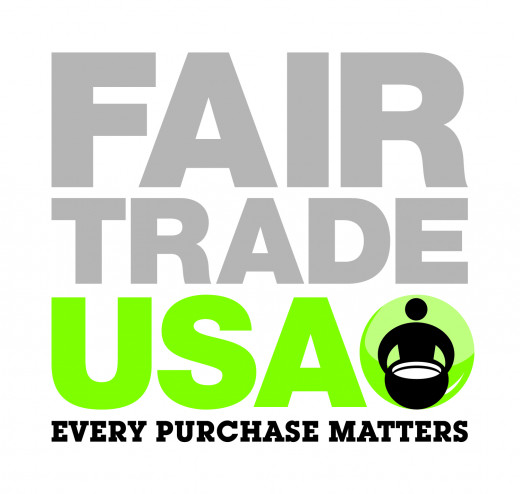
Fair Trade Chocolate
Fair trade organizations such as Fair Trade International, and Fair Trade U.S.A., encourage fair trade practices where farmers receive a livable price through forming cooperatives and using some of the proceeds for education, healthcare, and better farming techniques. Products are then certified as fair trade. One criteria of the certification is a prohibition against child labor. None of the major household name chocolate companies are fair trade certified yet. Some smaller chocolate companies that sell fair trade chocolate are Divine Chocolate, Equal Exchange, and Green and Black to name a few. A division of Mars, Dove Chocolate recently became Rain Forest Alliance certified.
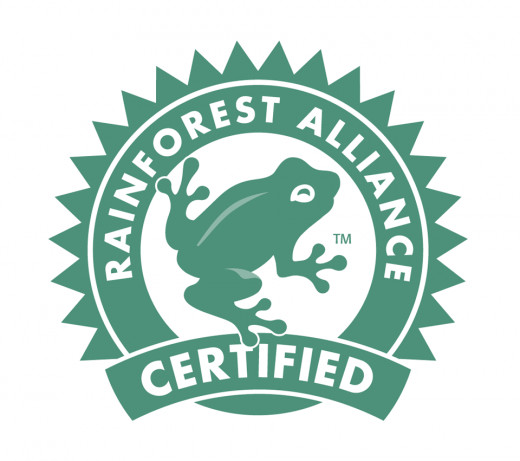
Rainforest Alliance
Another organization that encourages sustainability of farming is the Rain Forest Alliance. Their certification appears on many coffee products. It also appears on some chocolate and cocoa products such as Dove and Endangered Species chocolate bars. Rainforest Alliance deals with more environmental issues and is not considered fair trade certified. They encourage better farming techniques that increase yield reducing the amount of labor required and also better safety measures. They also promote the prohibition of child labor. A certified farm does not permit employment of anyone under fifteen years old.
Chocolate Producers
If you go into a U.S. supermarket, you will find very little selection of fair trade chocolate or Rain Forest Alliance certified. All of the major chocolate companies like Hershey, Mars, Nestle, and Cadbury all say they are working on fair trade policies and programs to prohibit child labor in the cocoa industry. Very few of their products are certified. The chocolate industry is controlled by a small amount of companies just as the cocoa industry. Hershey and Mars combine to account for over 70% of market share of the chocolate sold in the U.S. They all started out as family businesses. Another issue in food companies especially, is that they are very secretive in the contents of their products; ingredients, recipes, formulas. This is another reason why it is difficult to determine where the cocoa comes from and if it can be guaranteed that the source does not use child labor. Hershey has a long range project to be fair trade certified by 2020. Their programs are ongoing and nothing has been implemented yet that shows up in supermarkets. The specialty chocolate products from small companies previously mentioned are sold in stores like Whole Foods or Traders Joes or available online.
Chocolate Gifts
If you are looking for fair trade Valentine’s Day chocolates, you would need to do quite a bit of searching. Fair trade U.S.A. lists companies that offer fair trade Valentine’s Day chocolates. Again, these are generally not brands that you pick up at your local gift shop. With more and more online commerce, this can be a personalized gift that can be ordered and delivered.
Probably if more people knew about chocolate’s roots in child labor, they would find a more heartfelt gift. Since it is already a popular enjoyable treat, exerting extra effort in finding fair trade chocolates would live up to its original image. Some things that would help the effort are to request these products from your local gift shop or supermarket. Another would be to find out if your favorite treats are fair trade certified and if not write to the company inquiring why not.


Chocolate from the Heart
This Valentine’s Day can be an opportunity to focus on the problem of child labor in the chocolate industry. Alerting suppliers, retailers, and local gift shops in advance requesting fair trade chocolate would put more focus on the issue. It is also a day for procrastinators. The reality of chocolate gift giving is that is many times a last minute thought rather than a thought out plan. Every drugstore has an aisle full of heart shaped boxes filled with chocolates that very easily could be a product of child labor. It would be great if there could be at least a fair trade chocolate display to choose from. Giving a thoughtful gift for a thoughtful holiday takes more effort and long range planning. If giving a gift from the heart or to a heart you can feel better knowing the source of the chocolate is helping people rather than hurting them. A fair trade gift of chocolate free of child labor would be a much more heartfelt gift rather then a heartless one.
for more information please visit chocoafair.com

